Expert Insight: Captain Sofia Rahman, Senior Airline Captain & Aviation Ethics Advocate
MyAviation Magazine spoke with Captain Sofia Rahman, a veteran with over 12,000 flight hours and a vocal proponent of ethical standards in aviation.
MyAviation Magazine: Captain Rahman, how do you view the role of morality in modern air crew operations?
Captain Rahman: It’s fundamental. You can have all the technology and checklists in the world, but at the end of the day, it’s a human sitting in that cockpit or walking down that aisle. Morality is what guides our choices when there’s no clear rulebook for the situation we’re in.
MyAviation Magazine: What are some real-life examples where a crew member’s moral judgment made a difference?
Captain Rahman: I’ve seen young first officers voluntarily remove themselves from duty because they were too fatigued, that’s moral courage. I’ve also seen senior crew override company pressure to delay takeoff when weather conditions were unsafe. Those decisions protect lives, even when they’re unpopular with management.
MyAviation Magazine: Do you believe airlines do enough to promote ethical behavior?
Captain Rahman: It’s improving, but not enough. Many airlines talk about a “just culture” where crew can report safety concerns without fear, but in reality, some fear backlash or being labeled “difficult.” True safety comes from a culture where morality is rewarded, not penalized.
MyAviation Magazine: How can the industry better support the moral responsibilities of air crew?
Captain Rahman: Leadership must lead by example. When captains, managers, and even regulators demonstrate integrity, it has a ripple effect. We also need more training that goes beyond technical skills; scenario-based discussions on real ethical dilemmas should be standard.
The Moral Challenges Air Crew Face Today
In a fast-paced, profit-driven industry, crew members often face moral dilemmas:
✈️ Pressure to operate flights when unwell or fatigued
✈️ Temptation to underreport incidents to protect careers
✈️ Balancing safety and commercial demands during emergencies
✈️ Handling unruly passengers with fairness and restraint
✈️ Upholding cultural sensitivity in diverse international settings
These challenges test not only technical ability but moral fortitude, and how crew members respond can make the difference between routine operations and disaster.
Conclusion: Morality is as Vital as Skill
Technology, training, and regulations form the technical foundation of aviation safety. But the moral compass of those who operate within the system is equally vital. Air crew members must not only fly aircraft or serve passengers, they must uphold the highest standards of honesty, responsibility, and courage, even when no one is watching.
As Captain Rahman puts it, “Our duty isn’t just to fly the plane, it’s to do the right thing, even when it’s hard.”


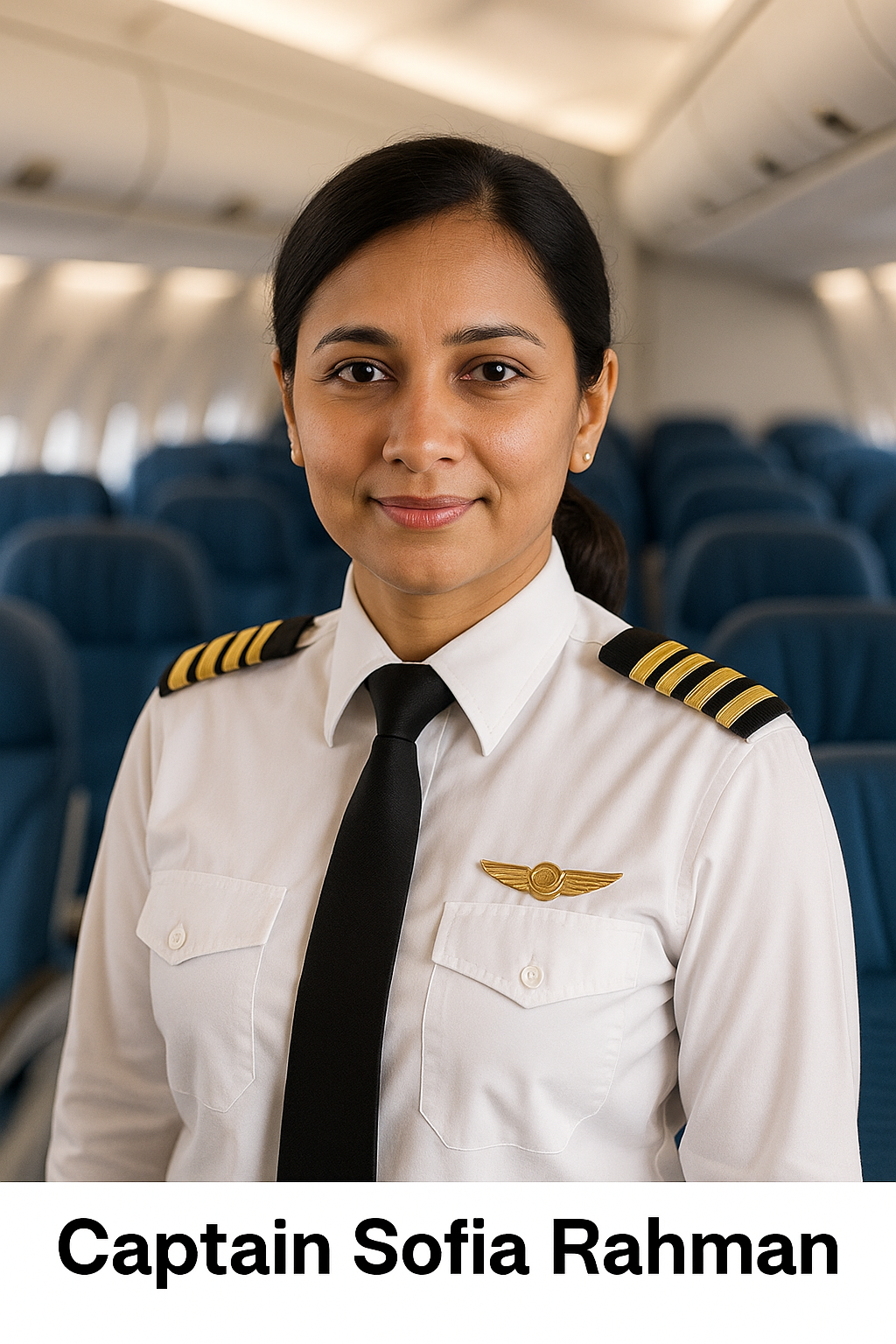


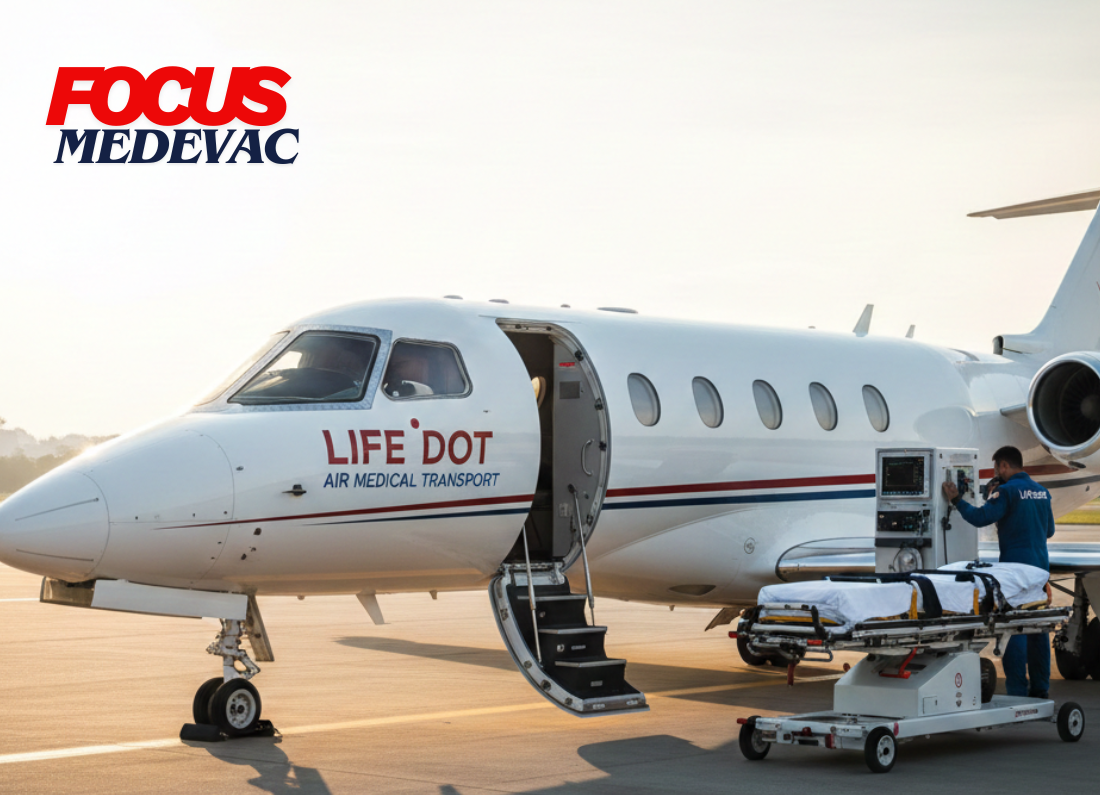

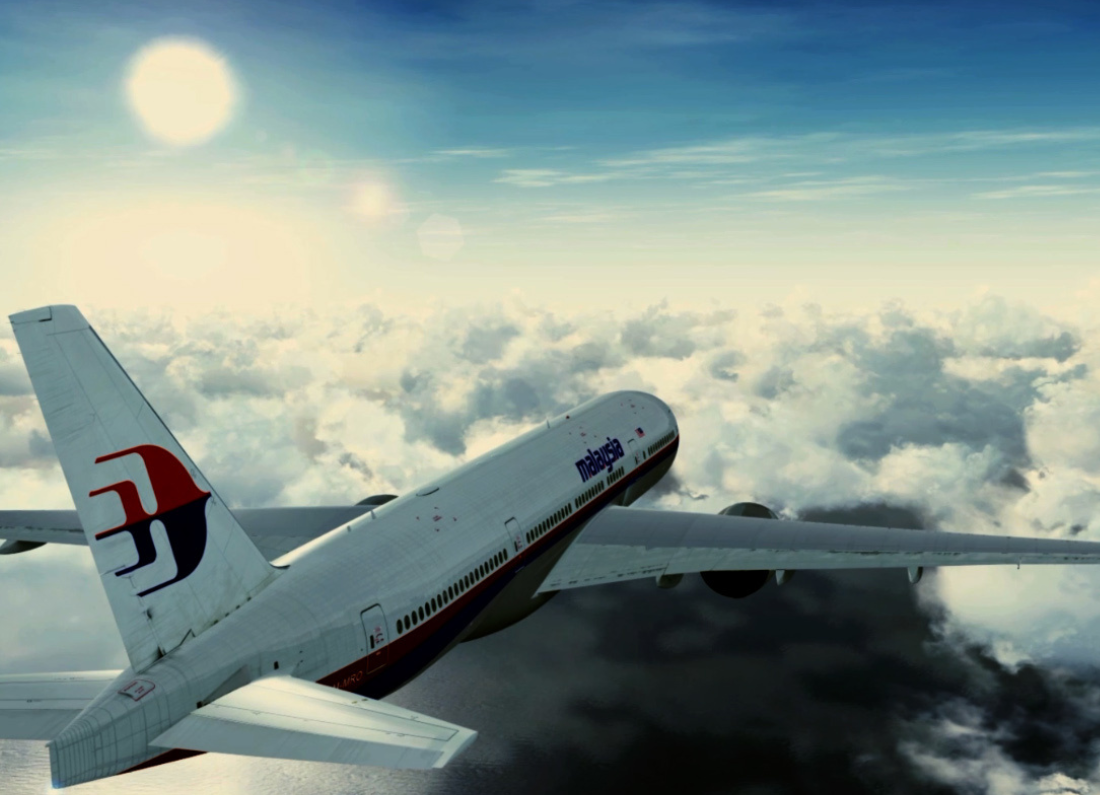
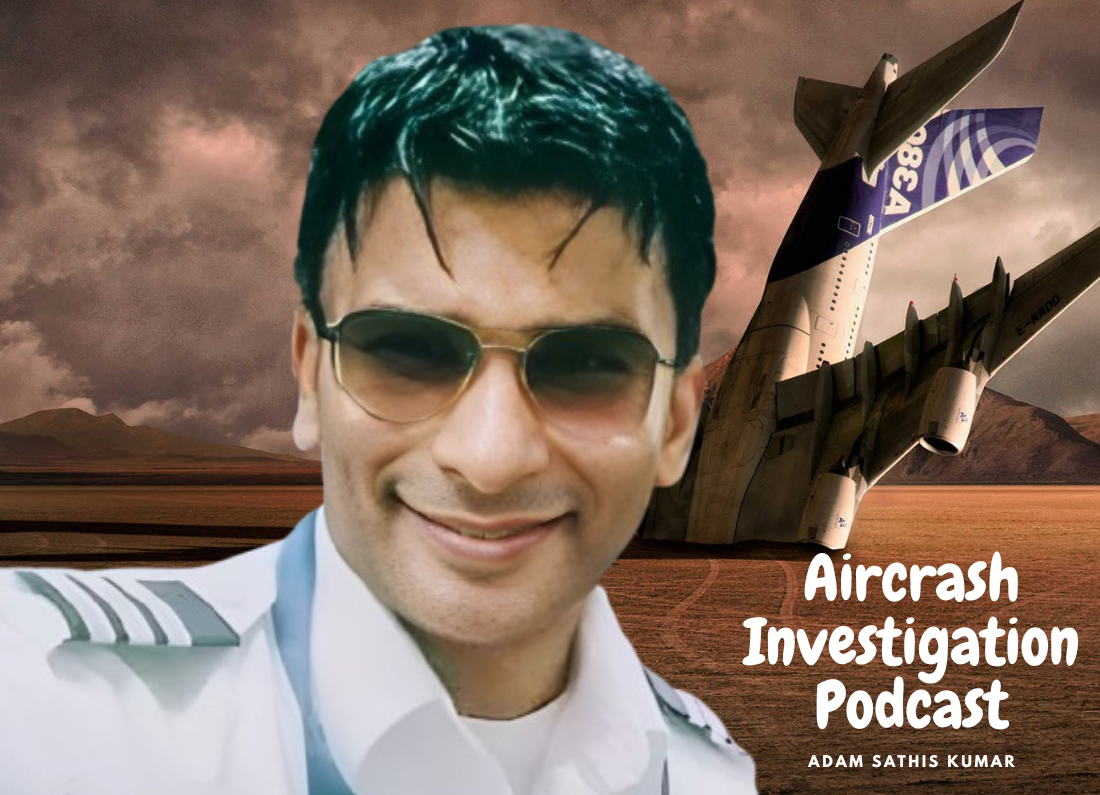

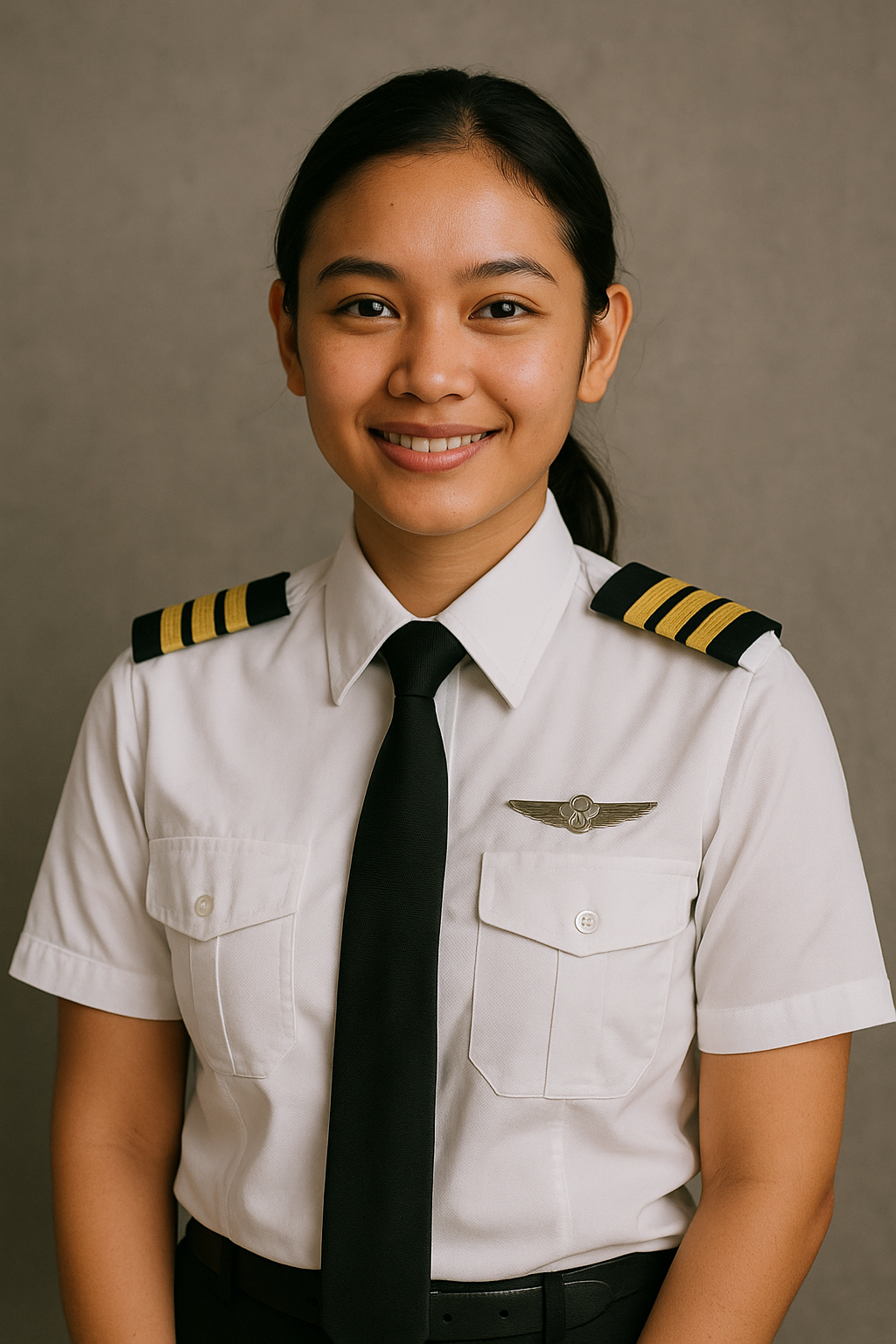

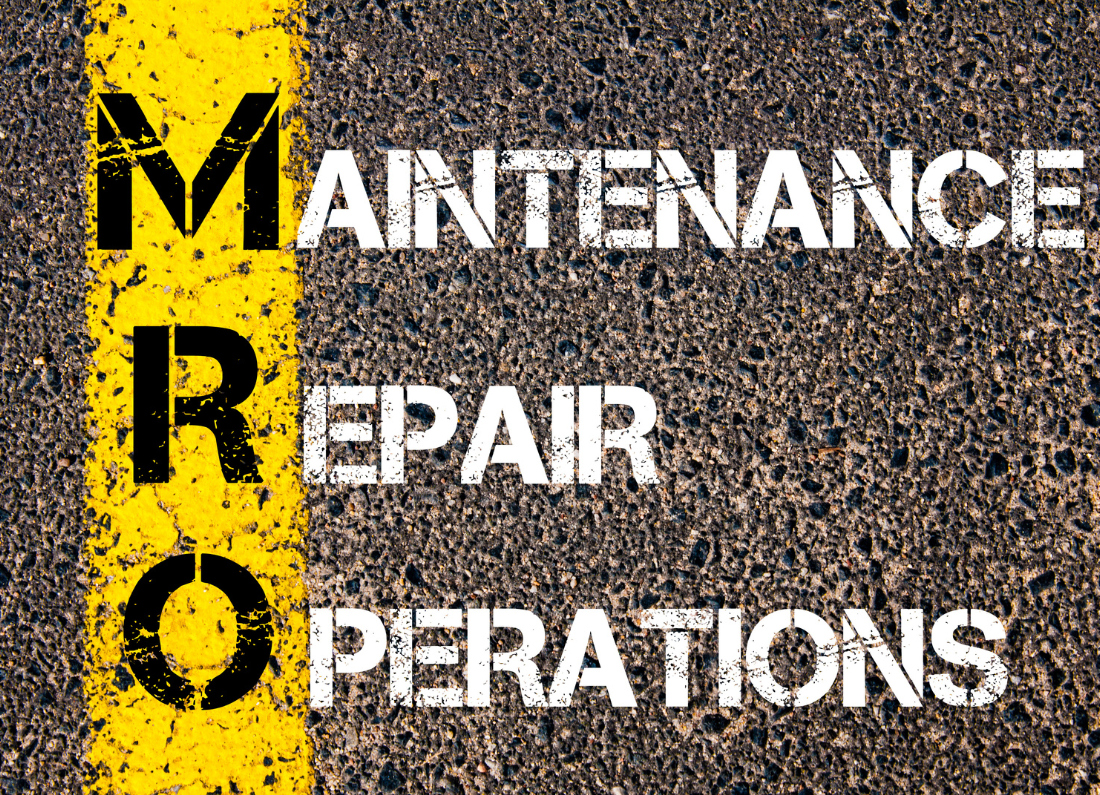


Leave a Reply